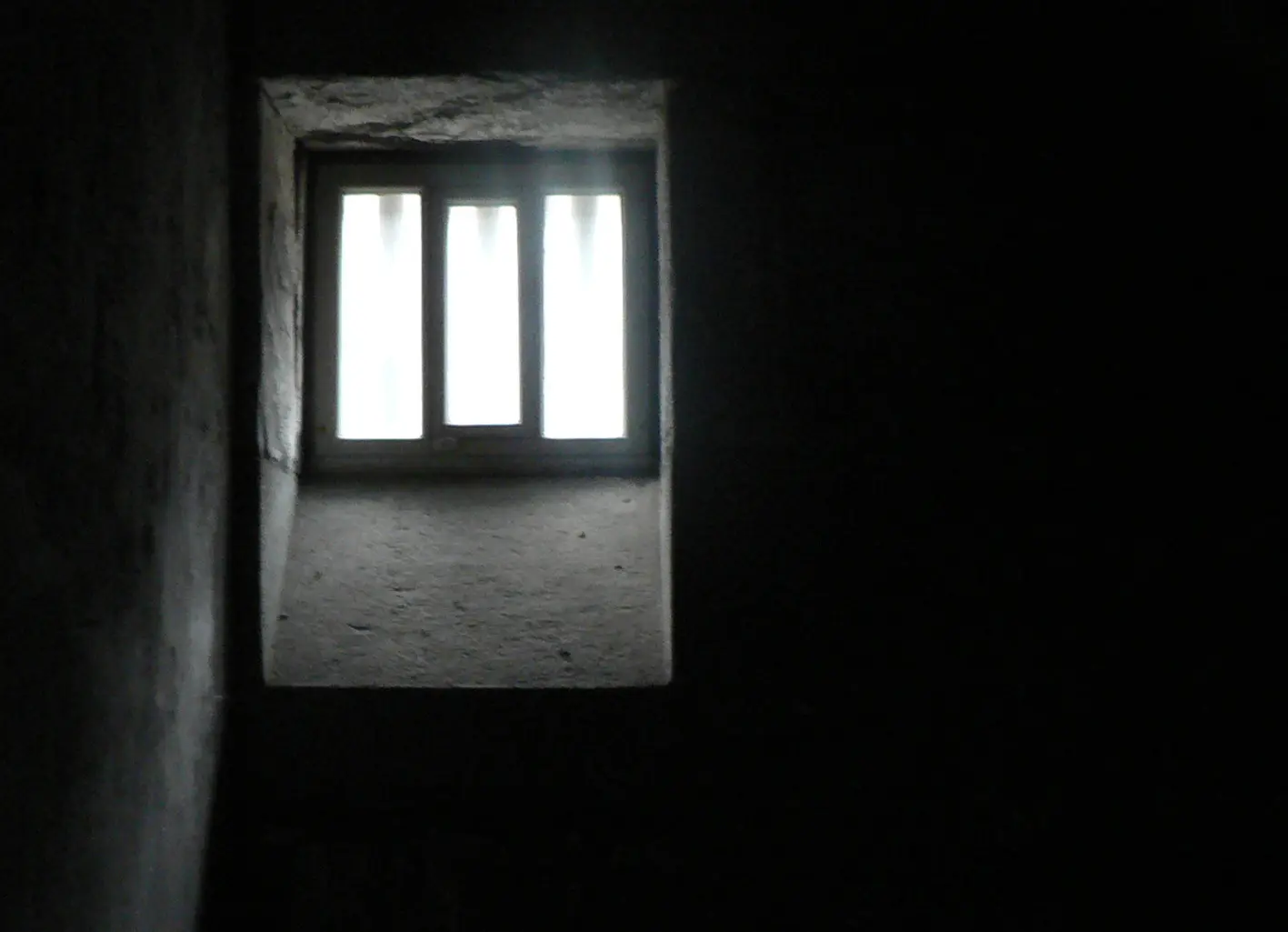
Factual Background
In 2018, a case was brought by civil society organisations were concerned that the conditions in Bvumbwe and Kachere prisons are deplorable and not in the best interests of children who are in conflict with the law. Currently a number of children are detained awaiting trial or serving sentences at Bvumbwe and Kachere prisons even though these facilities are not formally designated as safety homes or reformatory centres. Although the Child Care, Protection and Justice Act has been in place since 2010, some of its most critical provisions around child justice have not been consistently implemented.
The Inspectorate of Prisons in its 2016 report to Parliament noted that Kachere prison “is a health disaster in waiting”. The report noted several concerns including a severe shortage of food including days where inmates receive no food, the risk of disease outbreak, the risk of the building collapsing, and a shortage of blankets. Regarding Bvumbwe prison, the Inspectorate of Prisons’ report noted that cells were poorly ventilated and toilets inside cells were without running water. In contrast, the Mpemba Reformatory Centre in Blantyre, for example, houses only 25 children in a facility that can accommodate 150 children.
In the High Court
The application and judgment was premised on the constitutional provision which says that children in conflict with the law should be imprisoned only as last resort, should be separated from adults, and should be treated in a manner that is consistent with their dignity and best interests. The application was argued by Fostino Maele.
The Child Care, Protection and Justice Act of 2010 further provides that only in exceptional circumstances should a child be detained before a finding of responsibility for commission of an offence. Under exceptional circumstances a child can be detained in a safety home or reformatory centre. The Act further clearly states that no child shall be imprisoned for any offence. The court accordingly affirmed that it was illegal to detain or remand a child in a prison or to imprison a child for any offence. The law further specifically provides that children in conflict with the law should be brought before designated Child Justice Centres and not ordinary magistrates’ courts.
The Blantyre High Court, per Justice Kalembera, ordered that all children detained at Kachere and Bvumbwe prisons pending trial be transferred to safety homes within 30 days. It further ordered that those children found liable by a competent court should be transferred to a reformatory home within 30 days. The Court also ordered that all magistrates of grades lower than the first grade magistrate must not preside over child justice courts unless so designated by the Chief Justice through a notice published in the Gazette. Lastly, the Court declared null and void and set aside all orders made by second and third grade magistrates against the children, without being so designated by the Chief justice through a notice published in the Gazette and ordered that the children should be retried before a properly constituted child justice court within 30 days. The Court order was eventually implemented in February 2019.
This case has regional implications. The World Prison Population Brief has noted higher rates of imprisonment of children in Southern Africa, compared to the rest of the continent. The percentage of persons in prison who are children are highest in Malawi (7,7%), Mozambique (8,6%) and Botswana (10,4%). In many countries, children are also incarcerated with adults.
The application was argued by Fostino Maele and supported by a number of civil society organisations including the Centre for Human Rights Education, Advice and Assistance (CHREAA), Youth Watch Society and the Southern Africa Litigation Centre.
The judgment is available here.



